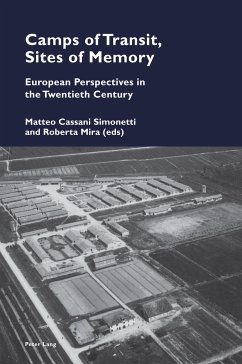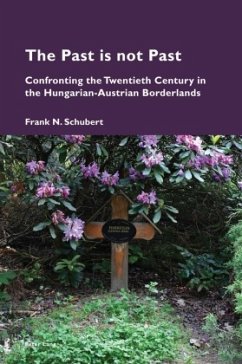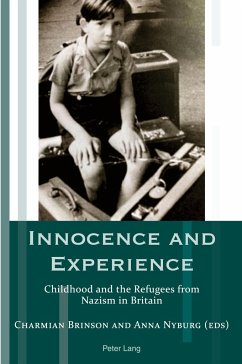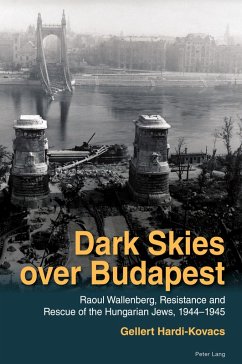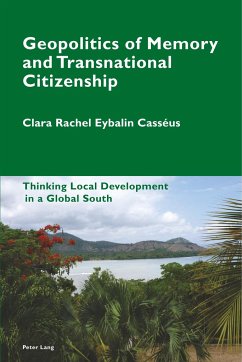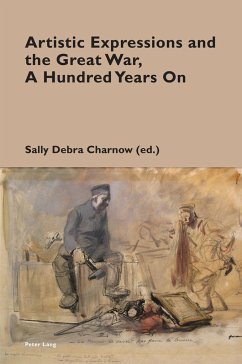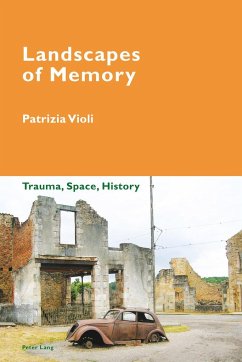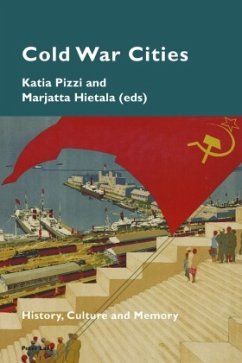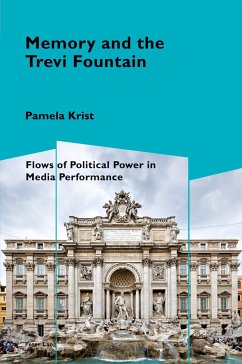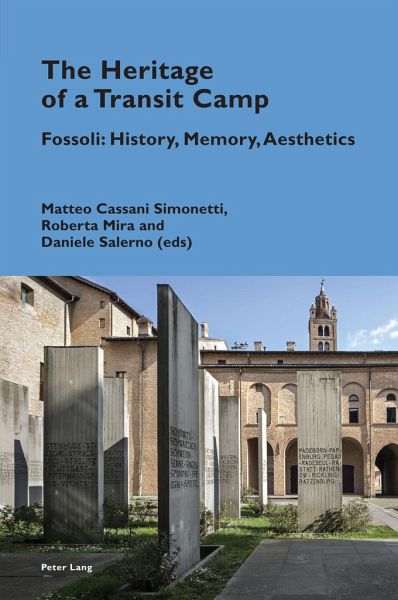
The Heritage of a Transit Camp
Fossoli: History, Memory, Aesthetics
Herausgegeben: Pizzi, Katia; Cassani Simonetti, Matteo; Mira, Roberta; Salerno, Daniele
Versandkostenfrei!
Versandfertig in 6-10 Tagen
66,20 €
inkl. MwSt.
Weitere Ausgaben:

PAYBACK Punkte
0 °P sammeln!
The former camp of Fossoli in northern Italy was established in 1942 by the Royal Italian Army as a camp for prisoners of war, later becoming a Nazi-Fascist concentration and transit camp for political opponents, Jews and forced labourers. After the war it became a Catholic community for orphans and a camp for refugees from the former Italian territories of Istria until 1970. A complex system of memory and heritage stems from the legacy of the former camp: its remains, the Museum and Monument to the Political and Racial Deportee by architects BBPR, and the synagogues of Carpi. The Fondazione F...
The former camp of Fossoli in northern Italy was established in 1942 by the Royal Italian Army as a camp for prisoners of war, later becoming a Nazi-Fascist concentration and transit camp for political opponents, Jews and forced labourers. After the war it became a Catholic community for orphans and a camp for refugees from the former Italian territories of Istria until 1970. A complex system of memory and heritage stems from the legacy of the former camp: its remains, the Museum and Monument to the Political and Racial Deportee by architects BBPR, and the synagogues of Carpi. The Fondazione Fossoli, created in Carpi in 1996, manages this legacy with the purpose of preserving and transmitting the historical memory of the Fossoli camp.
Linking together the history of the Holocaust, the resistance to Nazi-Fascism and the political and civic commitment that inspired the birth of the Italian Republic after the dictatorship and the war, Fossoli lies at the very core of Italy's contemporary cultural memory. The essays in this volume analyse, from different disciplinary perspectives, the material and immaterial heritage that constitutes a rich and articulated memorial system today.
Texts by Lorenzo Bertucelli, Matteo Cassani Simonetti, Pierluigi Castagnetti, Paolo Faccio, Robert S. C. Gordon, Viviana Gravano, Giovanni Leoni, Marzia Luppi, Roberta Mira, Daniele Salerno, Andrea Ugolini and Patrizia Violi.
Linking together the history of the Holocaust, the resistance to Nazi-Fascism and the political and civic commitment that inspired the birth of the Italian Republic after the dictatorship and the war, Fossoli lies at the very core of Italy's contemporary cultural memory. The essays in this volume analyse, from different disciplinary perspectives, the material and immaterial heritage that constitutes a rich and articulated memorial system today.
Texts by Lorenzo Bertucelli, Matteo Cassani Simonetti, Pierluigi Castagnetti, Paolo Faccio, Robert S. C. Gordon, Viviana Gravano, Giovanni Leoni, Marzia Luppi, Roberta Mira, Daniele Salerno, Andrea Ugolini and Patrizia Violi.





